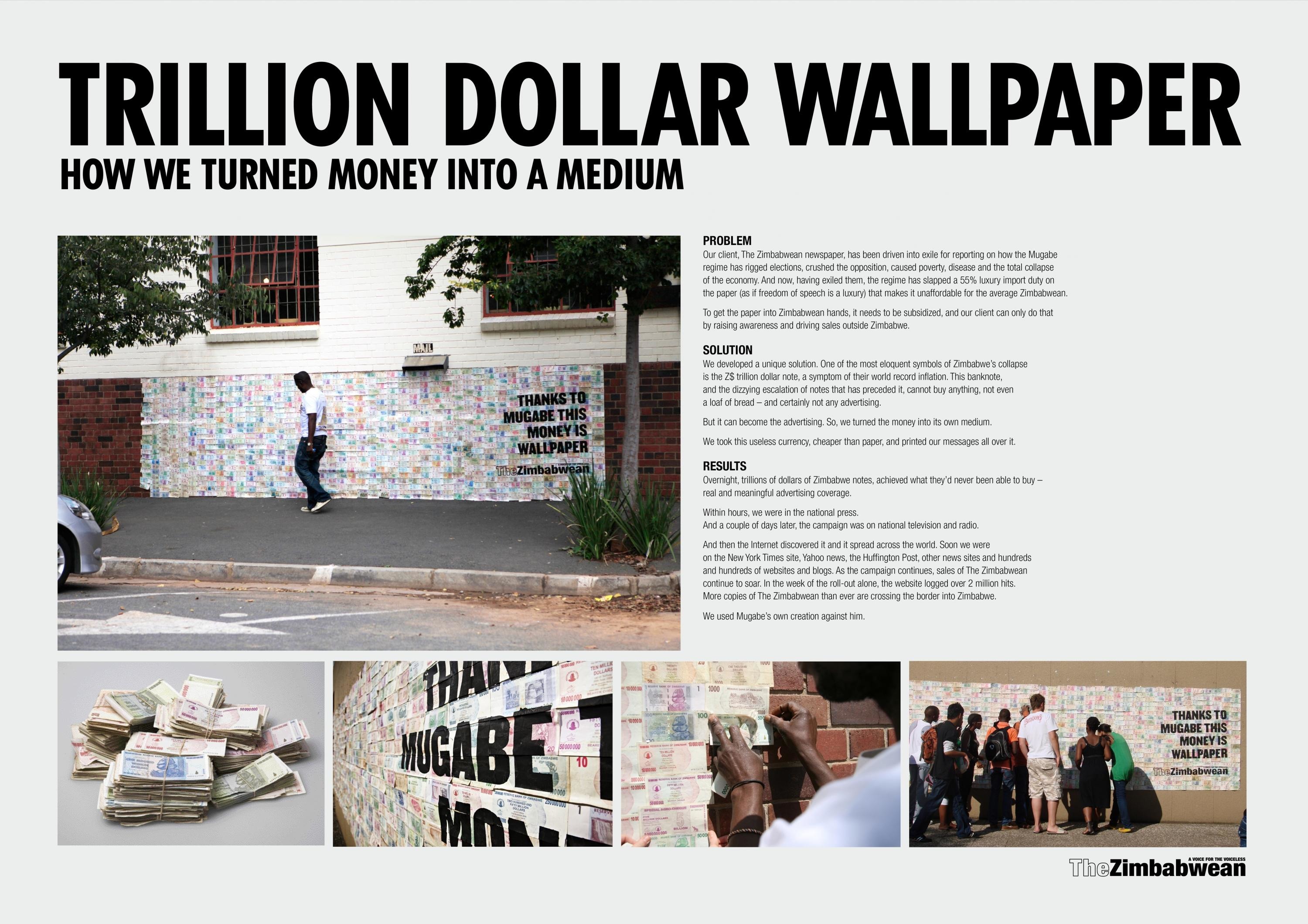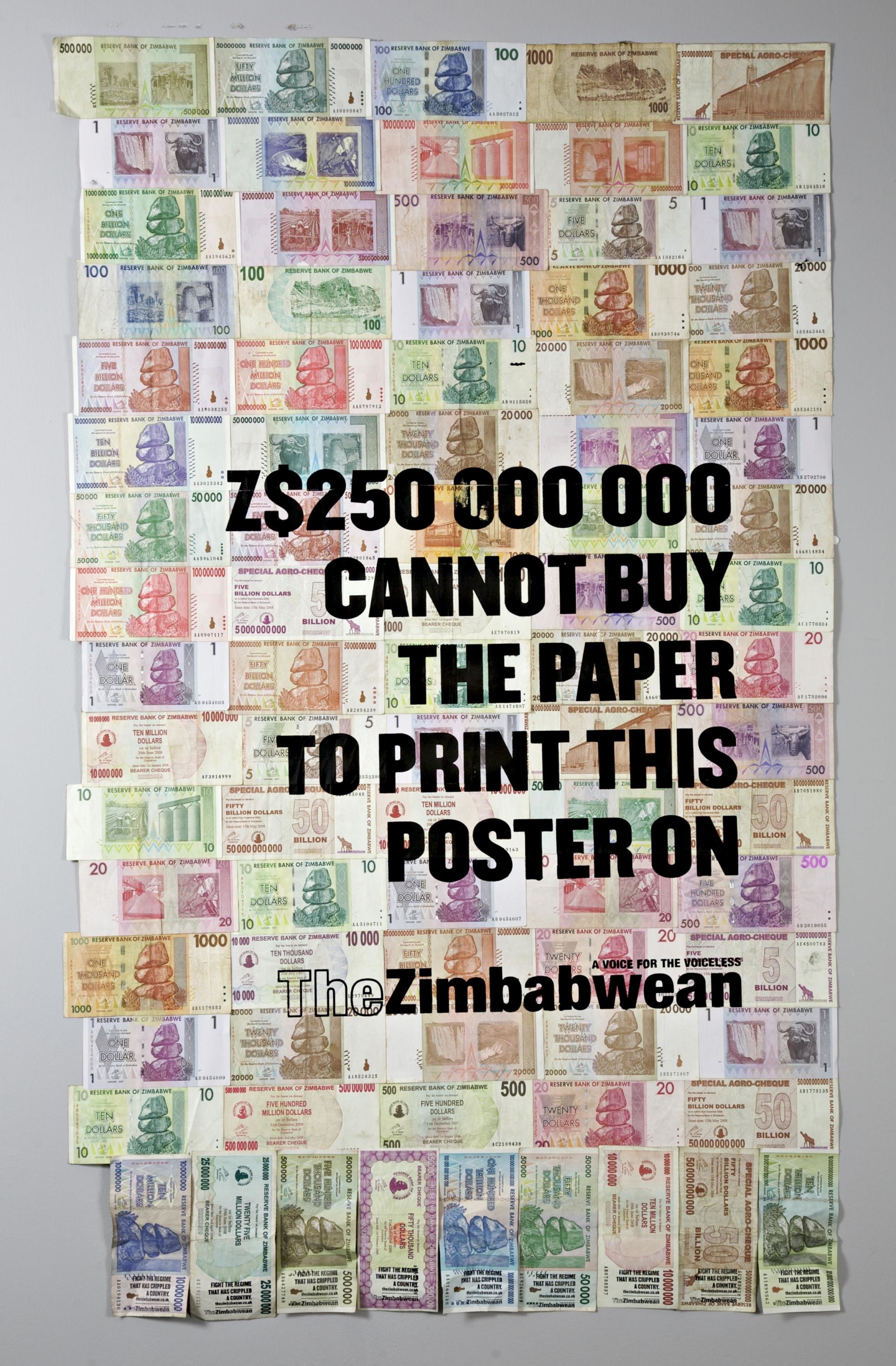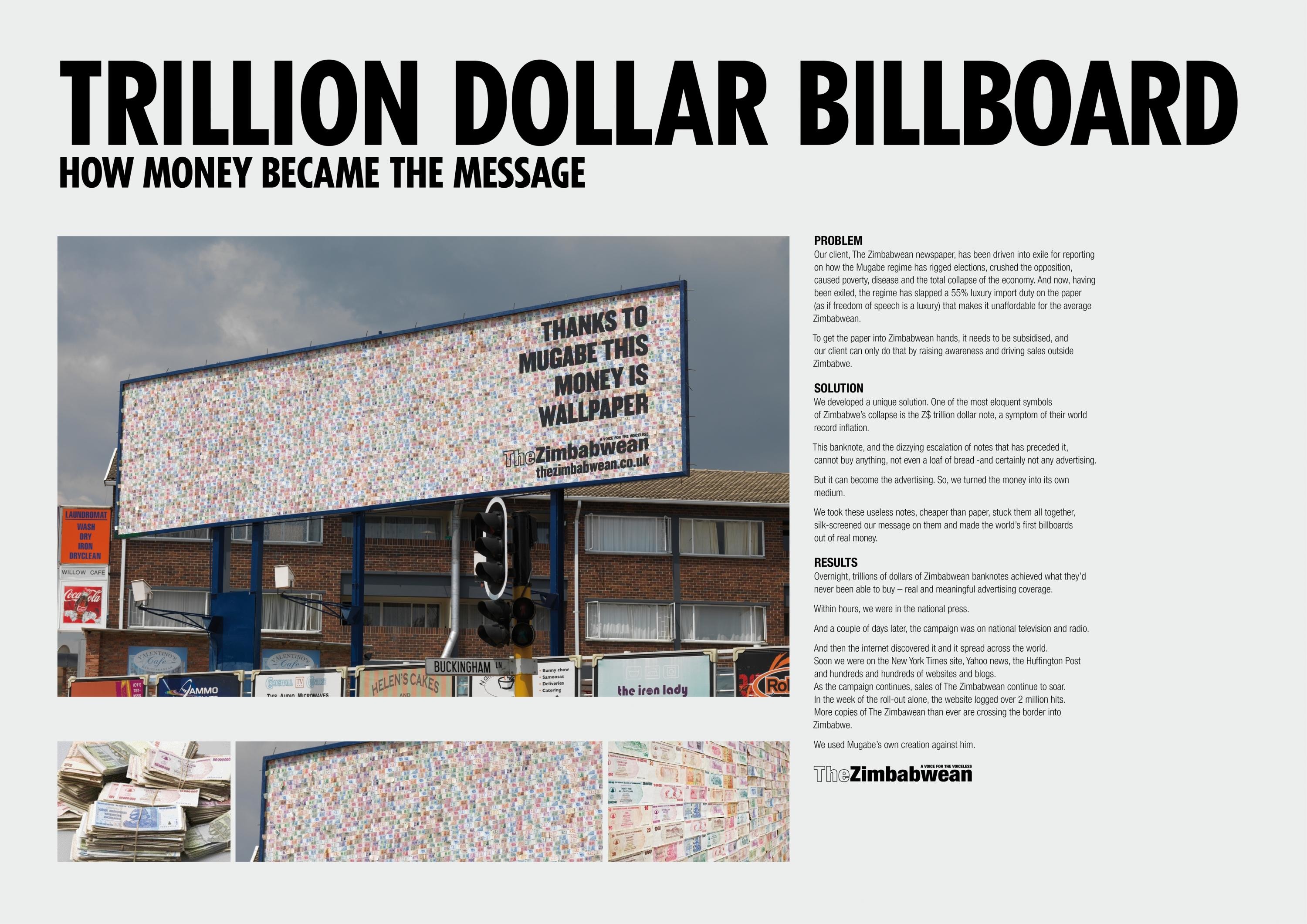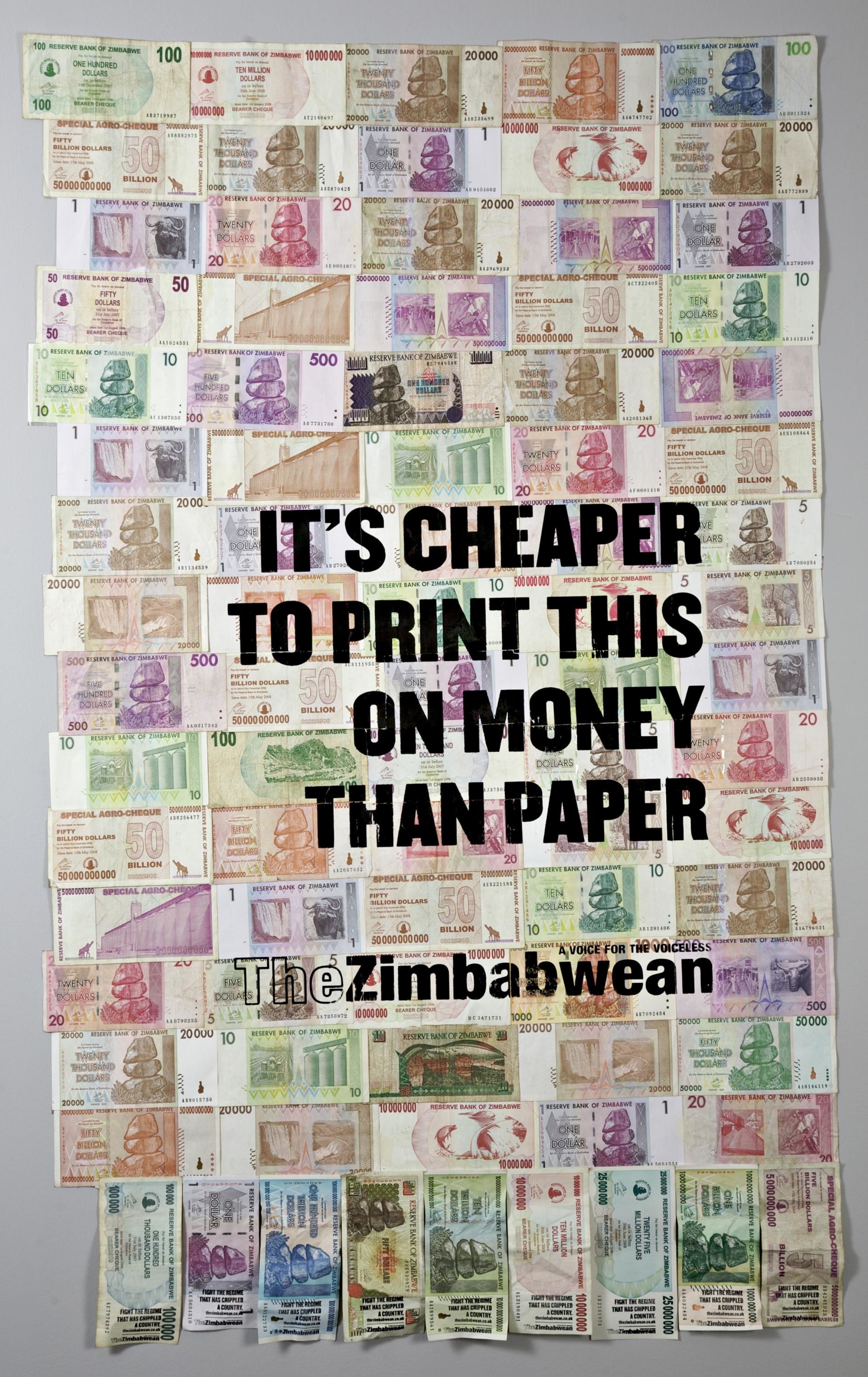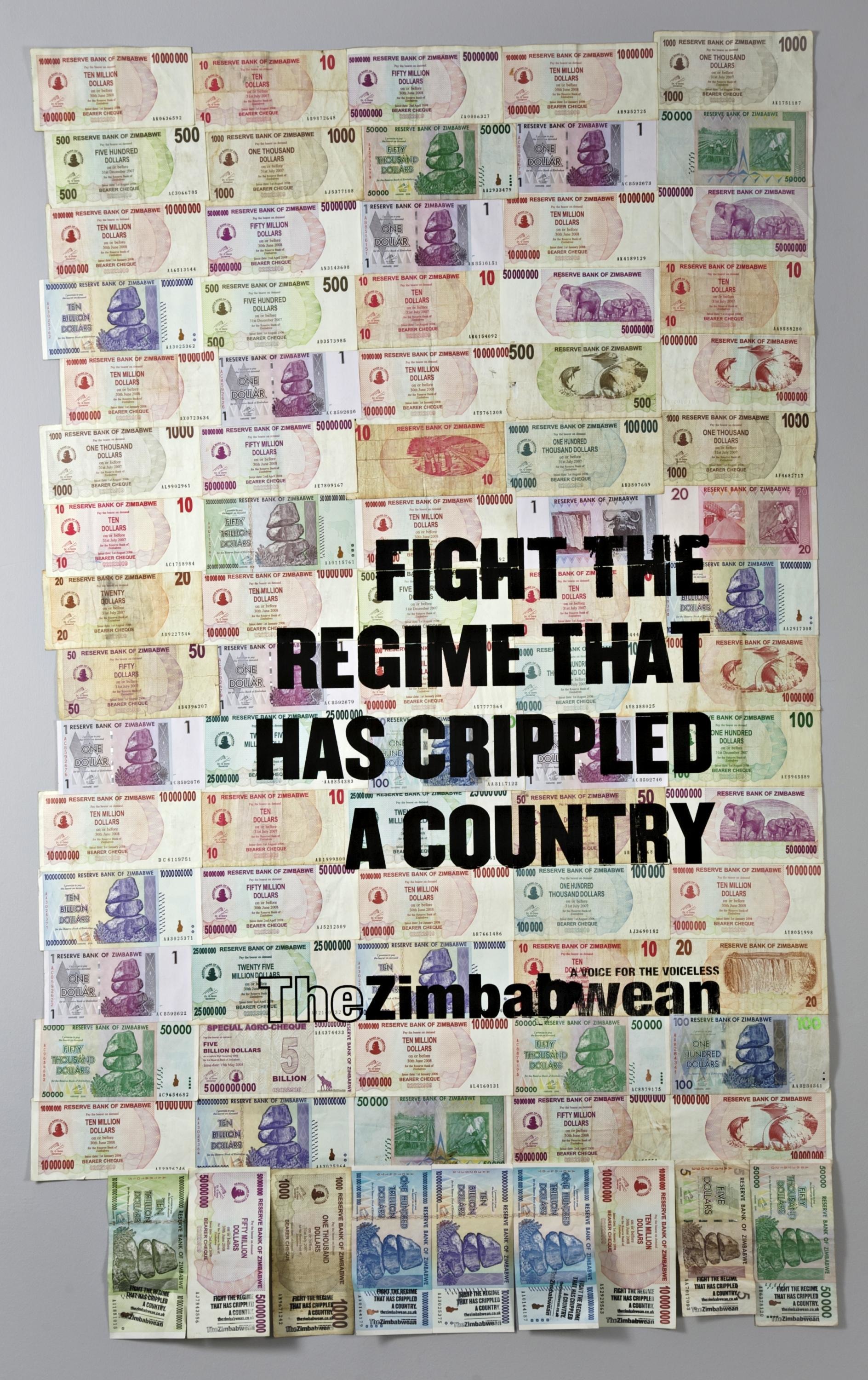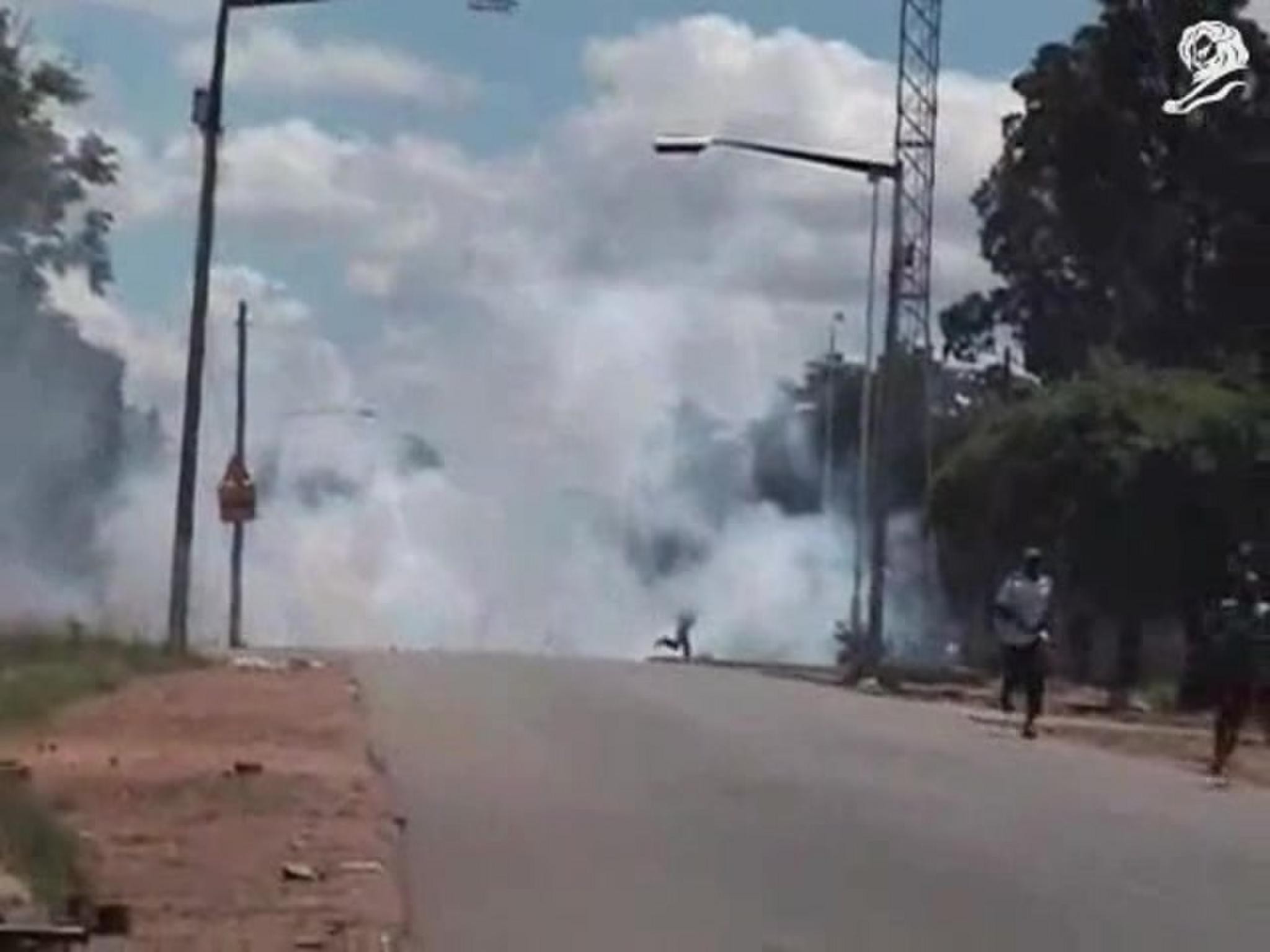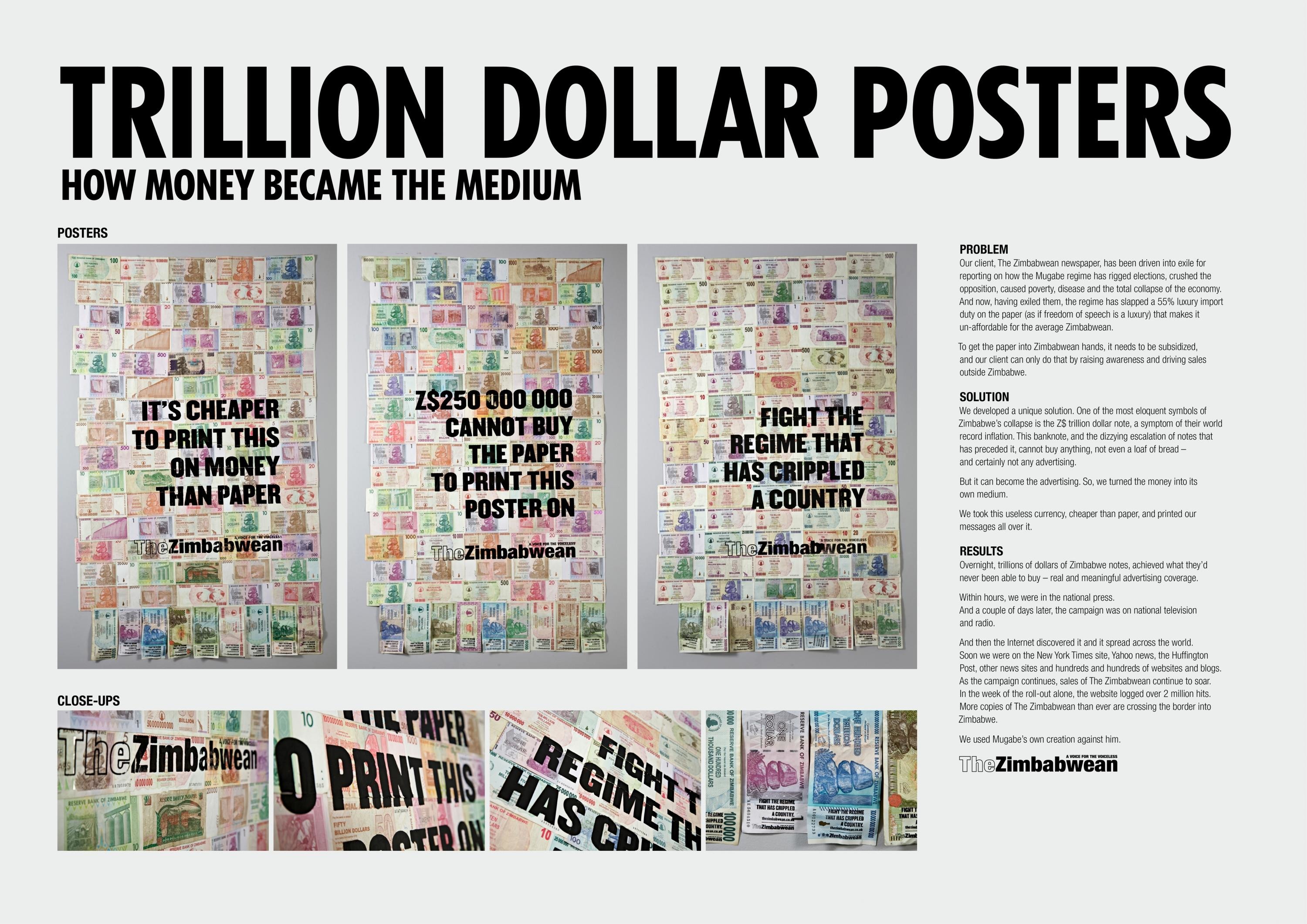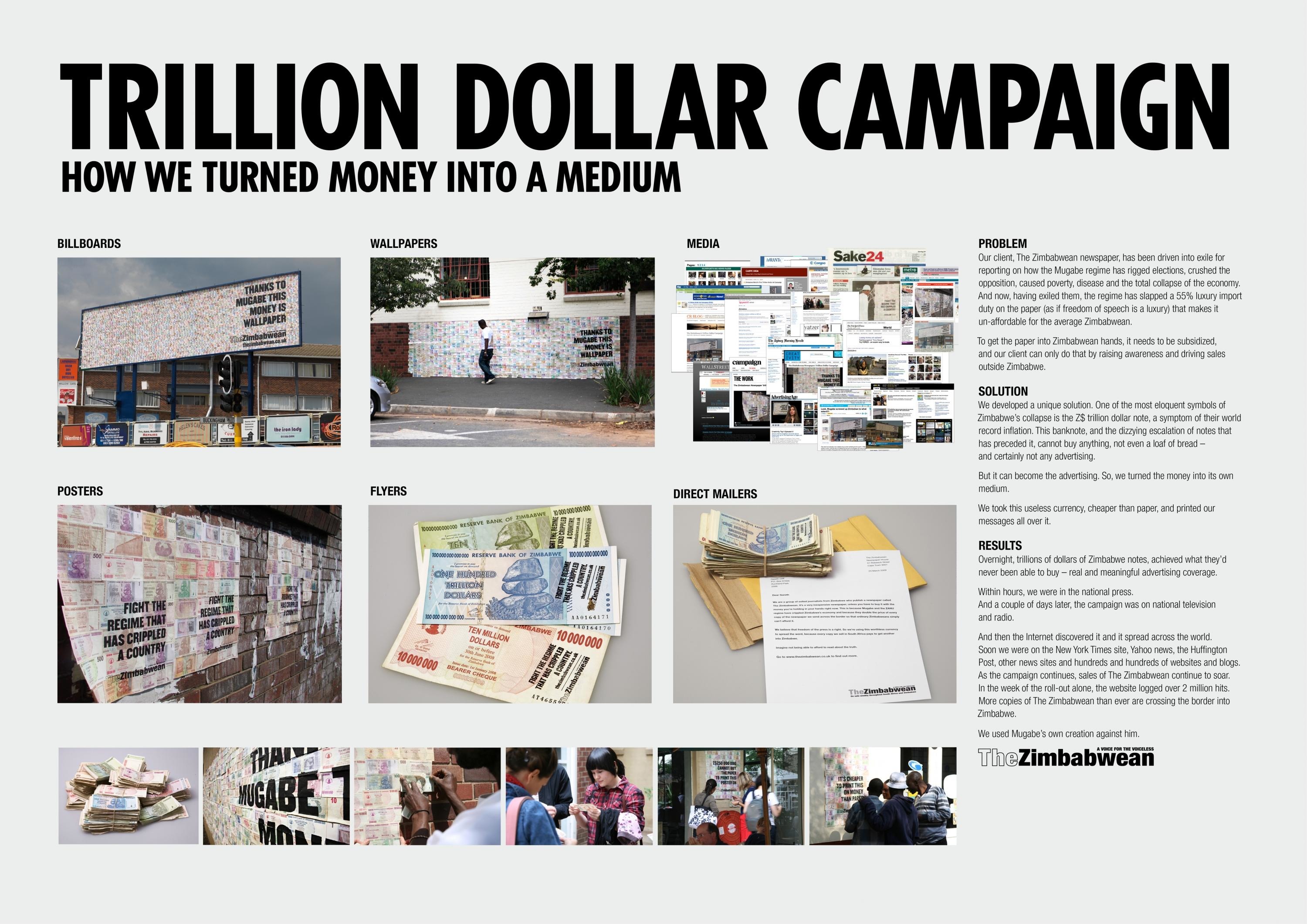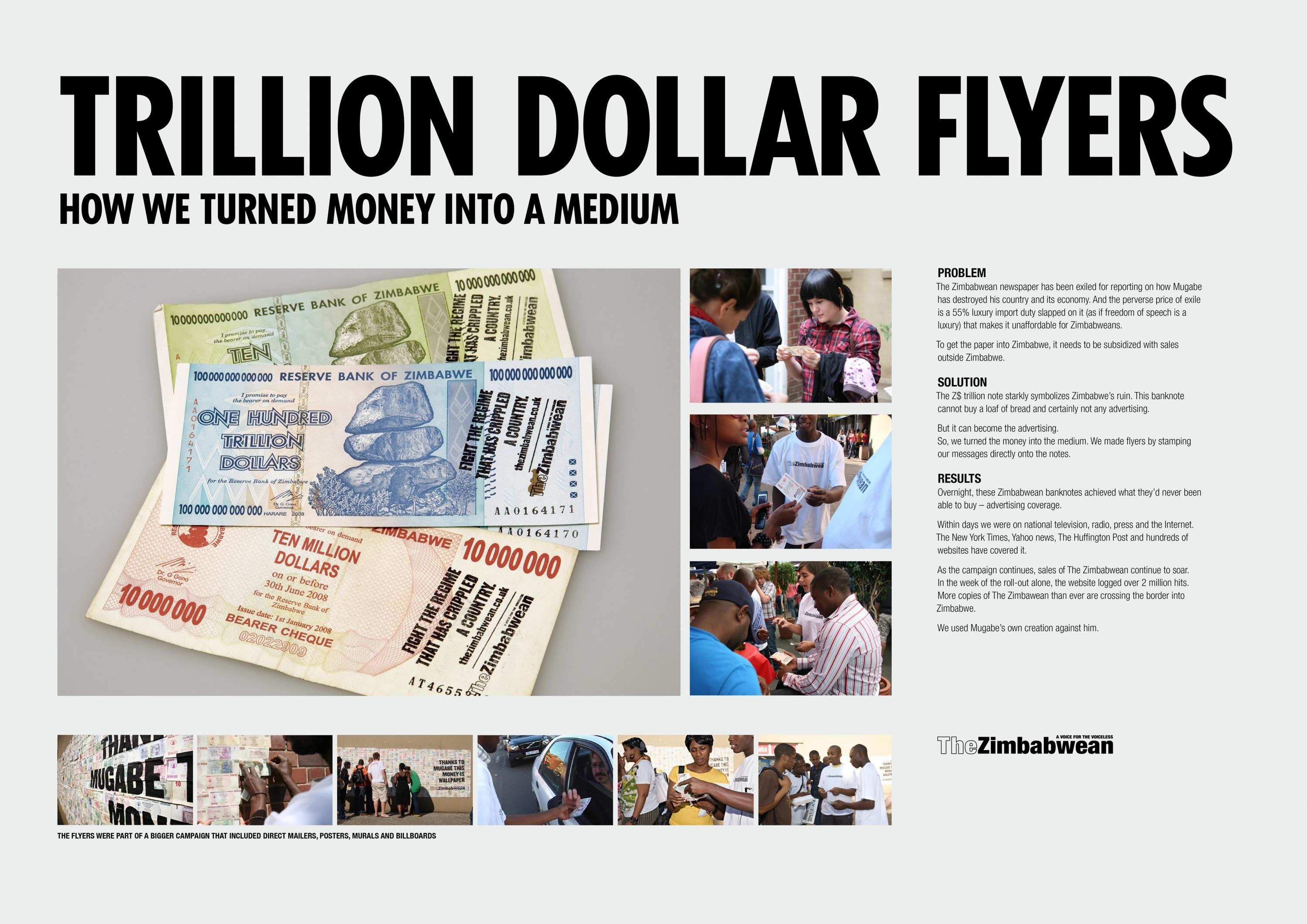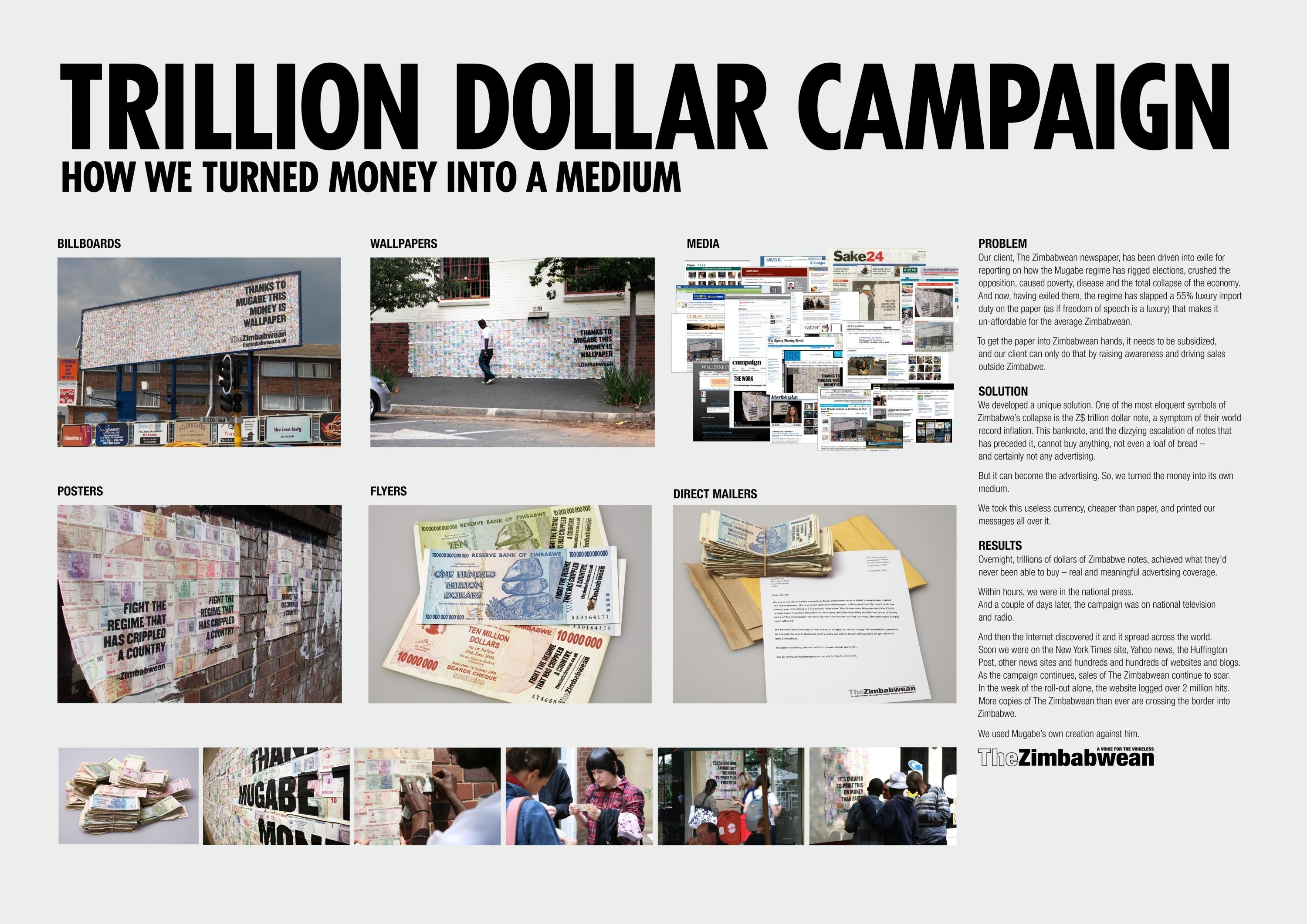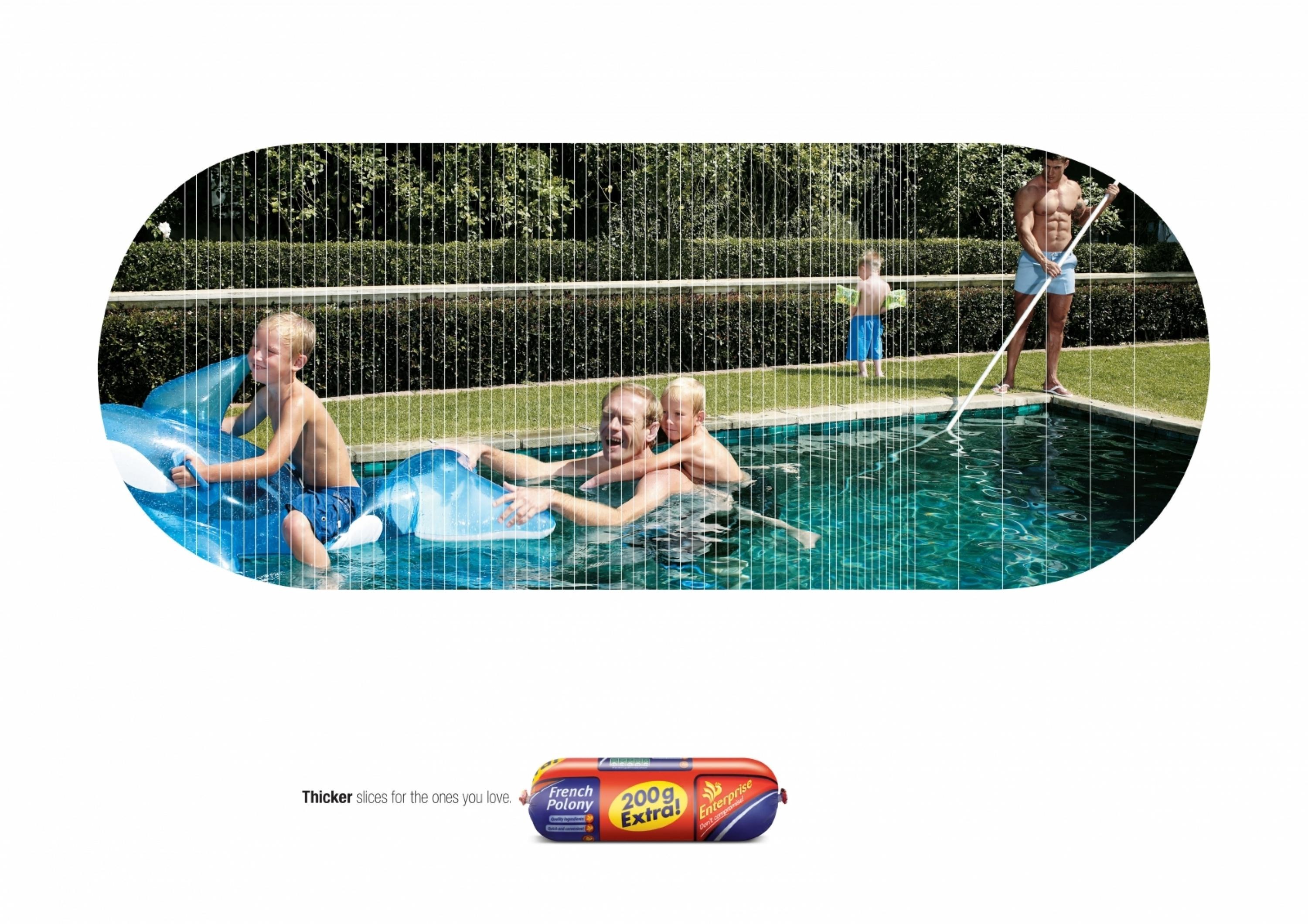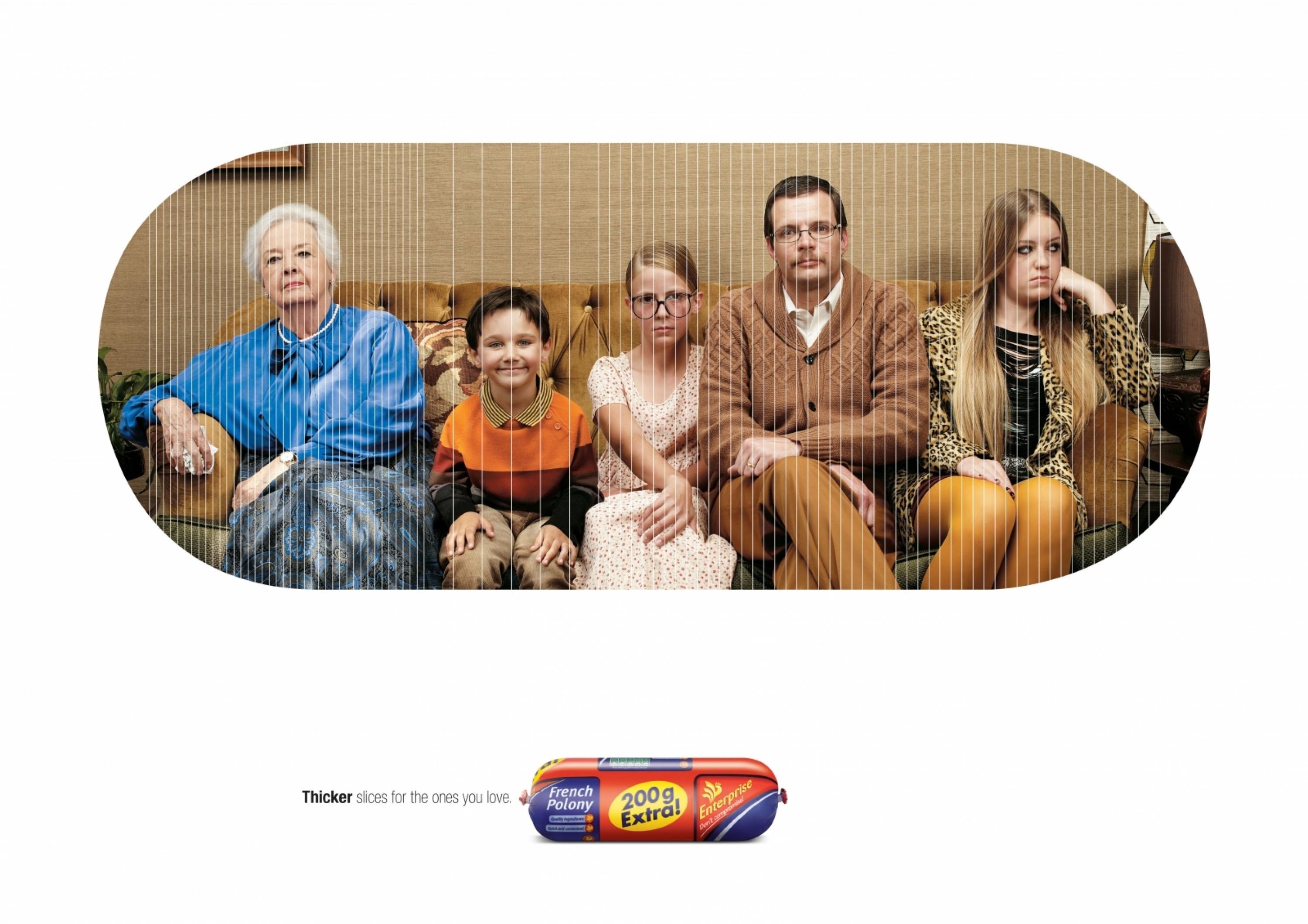PR > Sectors
#TOUGHDECISIONS
TBWA\HUNT\LASCARIS JOHANNESBURG, Johannesburg / MEDECINS SANS FRONTIERES / 2015
Overview
Credits
Overview
CampaignDescription
CHALLENGE: South Africa has many socioeconomic problems. With 150 000 registered NGOs all asking for help, how do you get a nation caught up in their own problems to help a global organisation like MSF?
PRIMARY OBJECTIVE: Raise awareness of MSF's humanitarian work amongst middle-class South Africans with disposable income. SECONDARY OBJECTIVE: Mobilise South Africans to donate to MSF’s global causes – essentially speaking to new donors.
STRATEGY: Create strong PR content with an idea that has the biggest impact for a small amount of money. Insight: The 'tough' decisions made by online South Africans pale in comparison to the life-and-death decisions MSF fieldworkers face every day. Idea: Use the existing #ToughDecisions hashtag to launch a social media campaign dramatising our insight and asking for help.
EXECUTION: #ToughDecision tweets from two local celebrities were responded to directly with hard-hitting clips to start a conversation with their followers. Next, MSF doctors shared their real-life #ToughDecisions online. The media took notice – TV, radio and press clips soon followed.
A #ToughDecisions launch event featuring MSF ambassadors and celebrities was well received by the media and public. Then Ebola happened and the campaign was urgently adapted – MSF doctors shared their Ebola #ToughDecisions at a large press conference.
Every #ToughDecision interaction drove people to the microsite to donate.
OUTCOME: With no money to spend on media, we used social media as the primary driver of interaction, which led to free PR worth R3 415 271 (from 22 September - 31 December 2014).
ClientBriefOrObjective
Our primary goal was to raise awareness of MSF's humanitarian work amongst South Africans that can afford online access and have disposable income. Our secondary goal was to mobilise South Africans to donate money or time to MSF’s global causes – essentially speaking to new donors. Since our budget was small, we focussed our efforts on PR channels and social media, identifying that there is a new middle class that has sprung up in recent years who haven’t had the means to donate before, thus haven’t been spoken to before in this way. We identified this audience as young and tech-savvy.
Effectiveness
Consumer awareness skyrocketed during the three-month campaign period, with people associating the ‘tough decisions’ fieldworkers make while providing life-saving medical care directly with MSF.
There was a change in consumer attitude because donations were made to a cause many had not heard of before. E.G. As a result of the Ebola #ToughDecisions press conference, MSF received R100 000 from an individual donor – one of many donations as a direct result of PR from the event.
97 total media clip counts - broadcast (18), online (53), print (26).
Content views – 10 237 on YouTube (Pakistan clip), 13 656 on Facebook (CAR clip).
Execution
#ToughDecision tweets from two South African celebrities were responded to directly with hard-hitting clips to start a conversation with their followers. The clips played online and on TV. We also replied directly to existing #ToughDecision tweets with our push to donate.
Next, MSF doctors shared their real-life #ToughDecisions on Twitter, Facebook and with blog posts on the MSF SA web page. The media took notice and the campaign developed a life of its own – TV, radio interviews and press articles focussing on MSF #ToughDecisions soon followed.
A #ToughDecisions launch event featuring MSF ambassadors and celebrities was well-received by the media and public.
Then Ebola happened and the campaign was urgently adapted – MSF doctors shared their Ebola #ToughDecisions online, in various interviews and at a large press conference.
Every #ToughDecision interaction drove people to the microsite to donate. PR exposure skyrocketed. The campaign ran from 22 September - 31 December 2014.
Outcome
(22 September - 15 December 2014)
Online donations went up by 160, 19%
Total number of social media mentions – 68 645.
Facebook – 12 391 new fans (36% total growth) with an average fan engagement rate of 15%.
Twitter – 1645 new followers (12% total growth).
Relevancy
Médecins Sans Frontières (MSF) is an international medical humanitarian organisation that delivers emergency aid to people affected by crises. They are well-recognised globally, but in South Africa awareness levels are low. SA has problems - brutal xenophobic attacks, crime, loadshedding, poverty, AIDS etc. With 150 000 registered NGOs all asking for help, MSF struggles to be heard and South Africans don’t donate to NGOs freely. How do you get a nation caught up in their own problems to help a global organisation? By creating strong PR content - an idea with the biggest impact for a small amount of money.
Strategy
Our strategy: disrupt the clutter of NGO advertising and represent MSF as the strong, hands-on NGO that they are (not as needy or weak). We had an educational job to do, so our tactic was to put you in the shoes of an MSF fieldworker to 1) experience first-hand what they do (showcasing their difficult work), 2) give perspective in a way that our target audience could relate to – MSF tough decisions versus our so-called ‘tough decisions’. Bringing these two worlds together would give South Africans something to think and talk about.
The target audience can afford online access and has disposable income. The middle class in South Africa is growing, so we were mainly speaking to a new audience. ‘New’ in two ways: 1) They have recently come into money, 2) MSF is not well-known - this was the first time many of them had heard of the organisation.
More Entries from Charity & not for Profit in PR
24 items
More Entries from TBWA\HUNT\LASCARIS JOHANNESBURG
24 items
